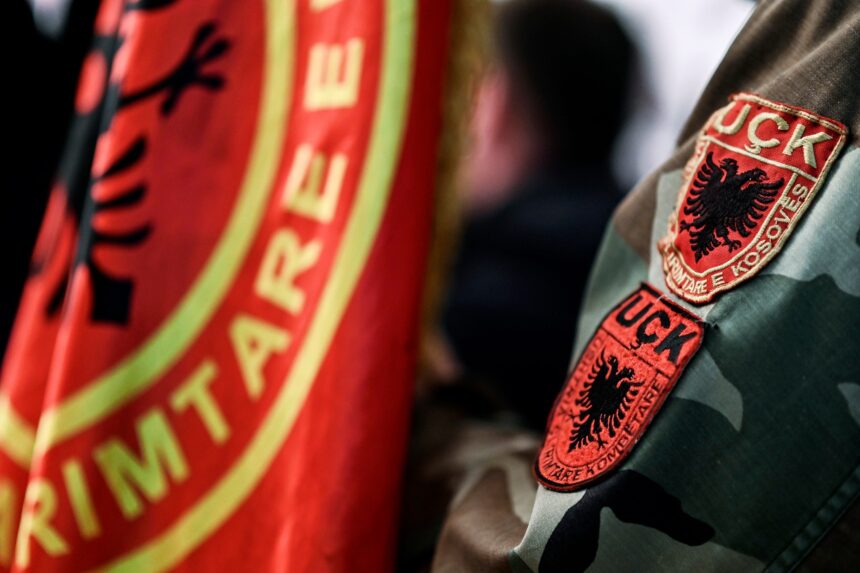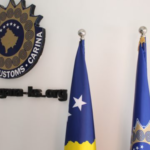The Organization of Veterans of the Kosovo Liberation Army (OVL UÇK) has stated that Lulzim Halili, who was reportedly arrested in Serbia a day ago, does not appear in the organization’s archives or in the lists of any known KLA brigades.
Gazmend Syla, Deputy Head of the OVL UÇK, confirmed that Halili is not recognized as a registered war veteran and his name does not appear in records of the 138th “Agim Ramadani” Brigade, which fought in the Battle of Koshare — the key engagement where Serbian authorities claim Halili took part in attacks against Yugoslav military posts.
“He holds no official veteran status — neither as a combatant, member, nor participant,” said Syla, adding that the organization had consulted former fighters from Peja, Halili’s hometown, and none could recall his involvement during the war, including in arms supply missions from Albania.
Despite Serbian media alleging Halili committed war crimes in the areas of Prishtina, Peja, and Gjakova, Syla suggested the case may be politically motivated. “We suspect this is a staged scenario by the Serbian state to send a message to Kosovo. It could even be retaliation for the recent arrest of their office representative in Kosovo,” he said.
Halili has been placed in 48-hour detention by Serbian authorities and is expected to face formal charges. In recent years, Serbia has detained several Kosovo Albanians, accusing them of war crimes — often sparking political tensions.
This latest arrest comes just days after the Kosovo Police detained Igor Popović, assistant to the director of Serbia’s Office for Kosovo, who is under investigation for inciting hatred after publicly labeling the KLA a “terrorist organization” during a speech in Rahovec.
Kosovo’s acting Prime Minister Albin Kurti has since urged citizens to avoid traveling through Serbia, citing credible indications of further provocations and arbitrary arrests.
The Battle of Koshare, cited in Halili’s case, was a 67-day clash between Yugoslav forces and the KLA that began on April 9, 1999, during NATO’s bombing campaign. The conflict ended on June 14, 1999, with the withdrawal of Yugoslav troops from Kosovo.
NATO’s intervention, which began on March 24, 1999, lasted 78 days and aimed to halt the mass persecution and forced displacement of ethnic Albanians by Serbian forces.







